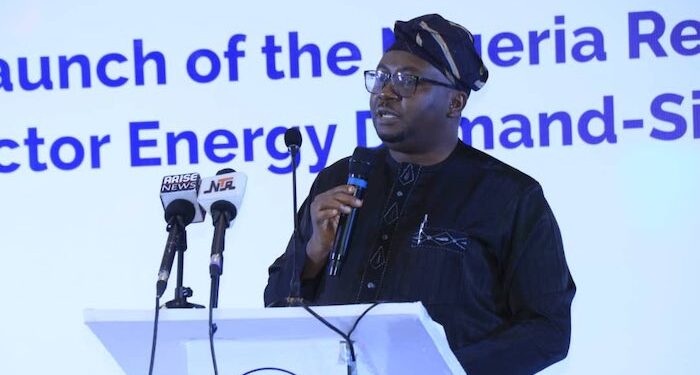The federal government has unveiled the $750 million Distributed Access through Renewable Energy Scale-up (DARES) programme, a World Bank-backed initiative expected to impact more than 13 million Nigerians. The announcement was made by the Minister of Power, Adebayo Adelabu, during the 2024 Rural Electrification Agency (REA) Stakeholders Engagement Workshop in Abuja, themed “Powering Partnerships for Sustainable Energy Access and Innovation.”
Represented by the Director of Renewable Energy and Rural Access, Sunday Owolabi, Adelabu stated that the DARES programme underscores the government’s commitment to tackling energy poverty, especially in rural areas.
Key Achievements and Goals
Adelabu highlighted progress in the power sector, including the delivery of an additional 150MW to the national grid and upgrades to 14 substations alongside the establishment of 21 new ones.
“Our partners at the World Bank have committed $750 million to this groundbreaking project, and over 13 million Nigerians will benefit,” he said.
He emphasized the need to move beyond ideas to actionable solutions, noting that addressing Nigeria’s energy challenges requires integrating both on-grid and off-grid solutions as complementary approaches.
Government and Private Sector Collaboration
REA Managing Director Abba Aliyu commended the unprecedented priority the renewable energy sector is receiving under President Bola Tinubu’s administration. He noted that decentralization has empowered sub-national governments and private sector players to participate in delivering reliable electricity across the country.
“For the first time in Nigeria’s history, the entire electricity value chain has been liberalized, giving sub-national and private sectors a pivotal role,” Aliyu remarked.
He also announced the International Finance Corporation’s (IFC) launch of a $250 million financing initiative for renewable energy service companies participating in the DARES programme.
Focus on Rural Electrification
Doris Uboh, Executive Director of the Rural Electrification Fund (REF), presented the e-H.E.A.R.T initiative, emphasizing the critical need for reliable power in healthcare infrastructure. She noted that 67% of maternal deaths could be prevented with adequate healthcare services, which require consistent electricity access.
“Up to 80% of Nigerians still lack reliable power supply, but 23 million have adopted off-grid solutions,” Uboh stated. The e-H.E.A.R.T programme aims to promote electricity access in rural areas, addressing a significant gap in the nation’s power sector.
A Bright Future for Nigeria’s Energy Sector
Adelabu reaffirmed the government’s dedication to resolving Nigeria’s energy challenges, stating, “The light we will see at the end of the dark tunnel will shine bright and remain so, sustainably.”
The DARES programme represents a significant step forward in ensuring energy access for millions of Nigerians while leveraging private sector innovation and global partnerships to build a sustainable energy future.


